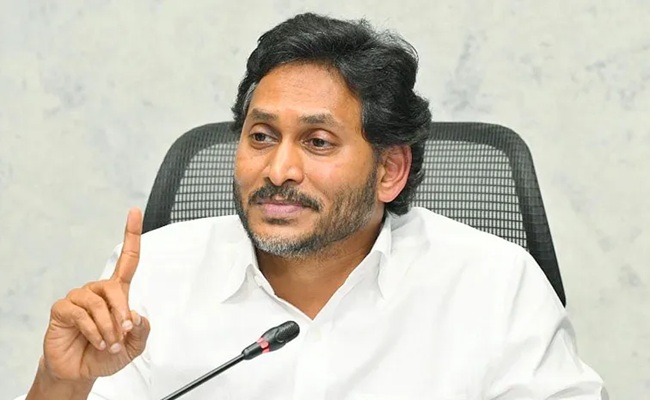In a recent political uproar in Andhra Pradesh, the YSR Congress Party, led by former Chief Minister Y.S. Jagan Mohan Reddy, is facing increased scrutiny over its approach to governance and opposition tactics. Critics are calling for a shift in focus from flood-related issues to addressing allegations of corruption within the party, suggesting that mismanagement and poor advice could be compounding their challenges.
The ongoing political landscape in Andhra Pradesh is heavily influenced by the rivalry between Reddy’s YSR Congress Party and the Telugu Desam Party (TDP), led by Chief Minister N. Chandrababu Naidu. As the state grapples with the aftermath of recent floods, which have devastated several districts, many citizens believe that Reddy’s administration should prioritize transparency and accountability over political mudslinging.
Recent events have seen Reddy and his party members engaging in heated debates and accusations against the TDP government. While the YSR Congress has been vocal about the need for better flood management strategies, opponents argue that the party’s focus should be redirected towards addressing significant allegations of corruption that have emerged against its ranks. These allegations pose a threat to Reddy’s credibility as he seeks to position himself as a viable alternative to Naidu’s administration.
Political analysts suggest that the YSR Congress Party is surrounded by advisors who may not be steering Reddy in the right direction. They argue that miscalculated strategies and a lack of coherent messaging could alienate potential supporters who are more concerned about governance and integrity than political rhetoric. This misalignment could prove detrimental as elections approach and public sentiment continues to shift.
Moreover, with the TDP capitalizing on these vulnerabilities, Reddy’s party risks losing ground if it fails to address the pressing concerns of corruption. The TDP has already started to highlight these issues in its campaigns, attempting to paint Reddy’s government as ineffective and embroiled in scandals. This tactic seems to resonate with segments of the population who are disillusioned with the status quo and demand better leadership.
As the situation develops, it remains to be seen how Reddy will recalibrate his party’s focus. With the electorate’s patience wearing thin, especially in light of ongoing natural disasters, the pressure is on for the YSR Congress to present a clear plan addressing both flood management and the integrity of its leadership. Failure to do so may not only jeopardize Reddy’s political ambitions but also the future of the party in Andhra Pradesh.
In conclusion, the YSR Congress Party finds itself at a crossroads. The call for a shift in focus from flood issues to corruption highlights the need for accountability and effective governance. As political rivalries intensify, the coming months will be crucial for Reddy and his team as they navigate these challenges and strive to regain the trust of the electorate.



